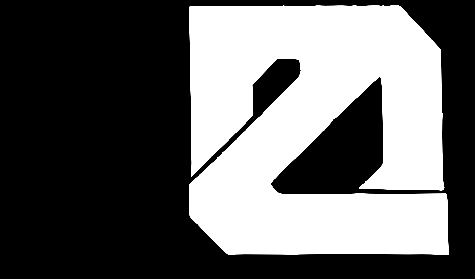Of the sense addicted
by admin. Average Reading Time: about a minute.
It pleases the editors of the OED to release, at increasingly frequent intervals, lists of words newly added to the dictionary. They mostly divide between those you would expect to find there already, such as—to pick from the latest—Armagnac, anxiolytic, char sui, and those no-one would care to look up anyway, such as vlogger, VJing, side dressing, for they rain upon us daily from the all-enveloping digital sky. In any event, if language were a tree then this would be minor trimming and grafting around the terminal shoots, noticeable only by the obsessional, the tree-for-the-wooded. The main branches never change, they merely lignify into greater inflexibility.
Perhaps, as with trees, this is necessary to keep the structure erect. But there are cardinal aspects of language that I cannot be alone in wishing we could change, and of those perhaps the most important is the language of assertion and denial. The two principal words we have here—true and false—leave out the case that can be neither, for the question of whether it is true or false simply makes no sense.
Of course, we already have a word for this—nonsense—but it has needlessly, unhelpfully pejorative connotations. First, it implies stupidity, whereas there are kinds of nonsense only the very clever can comprehend and produce. Worse, it implies futility, whereas clever nonsense may be invaluable. Much of continental philosophy, for example, is perfectly frozen flirtation, to be conveniently defrosted in the casual seduction of humanities graduates, for whom the dark glamour of suggestive opacity is a potent aphrodisiac. Indeed, to make anything out of less than nothing is a stunning achievement, a kind of intellectual perpetual machine, only within the reach of those touched by godhead. Zizek (say) deserves all the followers he has so precociously acquired. Read more…
